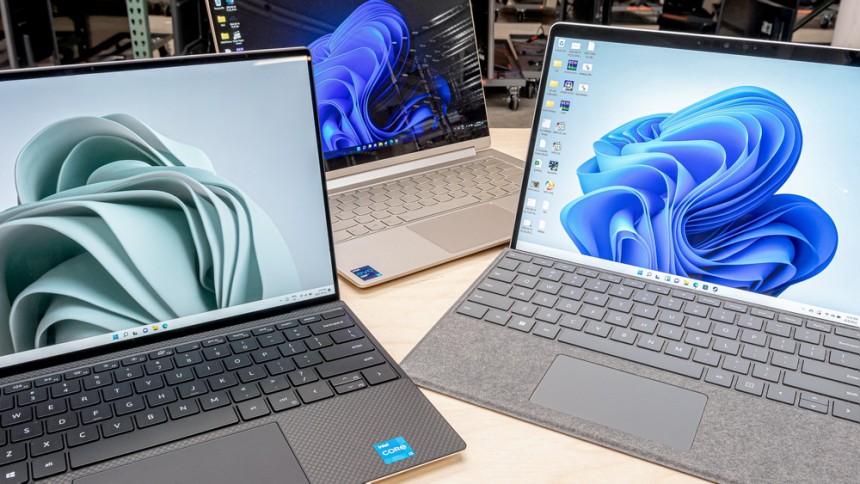The Critical Importance of Using the Correct Charger with Your Laptop
Poor battery performance is often misattributed to ageing batteries or software issues. However, one of the most common and preventable causes is the use of incorrect chargers. Even if the laptop powers on, an incompatible charger may not provide enough energy to both power the device and charge the battery
In today’s fast-paced digital environment, laptops are essential tools for business, education, and everyday communication. Ensuring these devices operate at peak performance is crucial—not only for efficiency but also for long-term battery health and hardware reliability. A common yet often overlooked issue is the use of incorrect or incompatible chargers, particularly as USB-C charging becomes more widespread.
This document outlines the risks and consequences associated with using the wrong charger with a laptop, even if the device appears to be functioning. It emphasizes the importance of using only the correct, manufacturer-supplied power adapters to maintain optimal performance and extend battery lifespan.
Why the Correct Charger Matters
Although many laptop users believe that any charger that fits the port will suffice, this assumption can lead to significant performance issues. A laptop may appear to be powered correctly, but in reality, it could be operating at reduced capability—or worse, slowly depleting the battery despite being plugged in.
USB-C Charging: Not All Chargers Are Equal
With the growing adoption of USB-C charging, there is a misconception that all USB-C chargers are interchangeable. In truth, USB-C is merely the connector type—it does not guarantee power compatibility. Laptops require chargers that supply a specific voltage and wattage. Using a lower-capacity charger can result in:
- Slower charging or no charging at all
- System throttling due to insufficient power supply
- Increased wear on the battery and internal components
Battery Life and Performance Degradation
Poor battery performance is often misattributed to ageing batteries or software issues. However, one of the most common and preventable causes is the use of incorrect chargers. Even if the laptop powers on, an incompatible charger may not provide enough energy to both power the device and charge the battery. This leads to:
- Battery depletion while connected to power
- Significantly reduced battery life when unplugged
- Inconsistent performance under load
To avoid this, do not interchange chargers between different laptops—even if they appear to fit. Small differences in output can lead to long-term degradation.
The Impact of Damaged or Misused Chargers
Even genuine chargers can fail to deliver adequate power if they are damaged or improperly used. Common issues include:
- Frayed or exposed cables
- Loose connections
- Overheating due to wear or faulty components
These issues not only reduce charging efficiency but can also pose safety risks. Always inspect chargers regularly and replace them if signs of damage are evident.
Best Practices for Laptop Charging
To ensure your laptop continues to function reliably and efficiently, follow these guidelines:
- Use only the charger provided by or approved by the manufacturer
- Avoid using third-party or unverified chargers, even if they fit the port
- Do not swap chargers between devices unless they are explicitly compatible
- Inspect your charger regularly for damage or wear
- Store and use the charger in a way that prevents stress on cables and connectors





